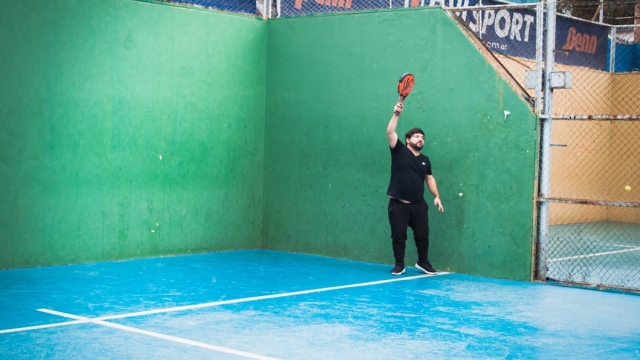Padel has gained significant popularity across various regions, and with this rise in interest, the management and rental of padel courts have become increasingly important. Understanding the nuances of padel court agreements is essential for both court owners and players. These agreements not only outline the terms of use but also help ensure a smooth operational experience for everyone involved. This article will provide a comprehensive overview of padel court agreements, including their types, key terms, and legal considerations that play a crucial role in managing these facilities effectively.
Understanding Padel Court Agreements: Types and Importance
Padel court agreements typically come in several forms, each tailored to specific needs and circumstances. The most common types include rental agreements, membership agreements, and service contracts. Each type serves a unique purpose but collectively ensures the proper functioning of padel courts.
Rental Agreements are essential for those looking to rent a court for a specific period. These agreements detail the duration of the rental, the fees involved, and any additional services provided, such as equipment rental or coaching sessions.Membership Agreements cater to individuals or groups who wish to have ongoing access to padel courts. These agreements often involve a subscription fee and may include benefits like priority booking and discounted rates on events or lessons.Service Contracts are typically established between court owners and management companies or coaches. They define the responsibilities and expectations of each party, including maintenance of the facilities, staffing, and promotional activities.Key Terms and Conditions in Padel Court Rentals
When entering into padel court agreements, it is crucial to understand the key terms and conditions that govern the relationship between the court owner and the user. Here are some essential elements to consider:
1. Duration and Termination
Every agreement should clearly state the length of the rental period or membership. Additionally, the conditions under which either party can terminate the agreement should be specified. This might include notice periods and acceptable reasons for termination.
2. Fees and Payment Terms
Details regarding rental fees, membership costs, and any additional charges should be explicitly outlined. Payment schedules, methods of payment, and penalties for late payments are also important to include.
3. Rules of Conduct and Usage
Padel courts often have specific rules regarding usage, such as player limits, booking procedures, and conduct expectations. These rules help maintain a safe and enjoyable environment for all users and should be clearly communicated in the agreement.
4. Liability and Insurance
Liability clauses are crucial in padel court agreements. They typically specify the responsibilities of the court owner in terms of maintenance and safety, as well as the liability of the users for any damages or injuries that may occur during their use of the facilities. Insurance requirements may also be included to protect both parties.
Legal Considerations for Padel Court Management
Managing padel courts involves not only operational aspects but also adherence to legal requirements. Here are some important legal considerations for court owners and managers:
1. Compliance with Local Regulations
It is imperative to familiarize oneself with local laws and regulations regarding sport facility operations. This includes zoning laws, safety regulations, and any licensing requirements that may apply.
2. Safety and Maintenance Standards
Ensuring the safety and maintenance of the courts is not just a best practice but a legal obligation. Regular inspections and prompt repairs are necessary to minimize the risk of accidents and ensure compliance with health and safety standards.
3. Dispute Resolution
Padel court agreements should include clauses outlining the process for dispute resolution. This can help prevent conflicts from escalating and provide a clear pathway for addressing any issues that arise between parties.
In conclusion, understanding padel court agreements is crucial for both users and providers of these facilities. By being aware of the various types, key terms, and legal considerations, all parties can ensure a positive experience that promotes the growth and enjoyment of padel as a sport. For further resources and assistance in managing padel courts, you may find valuable information at Mondo Padel.




